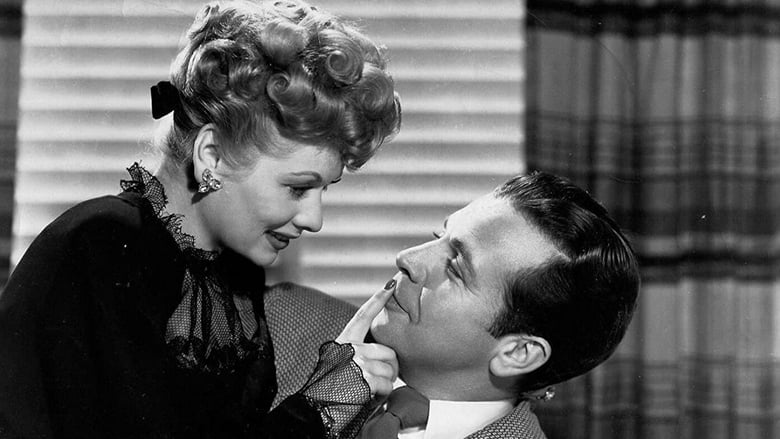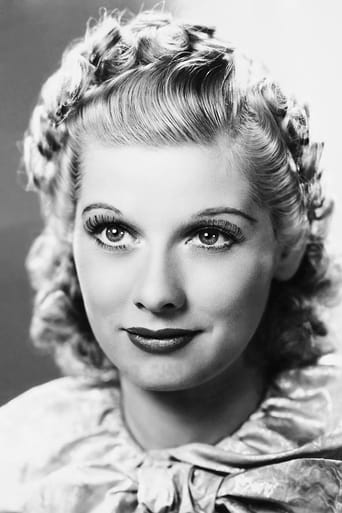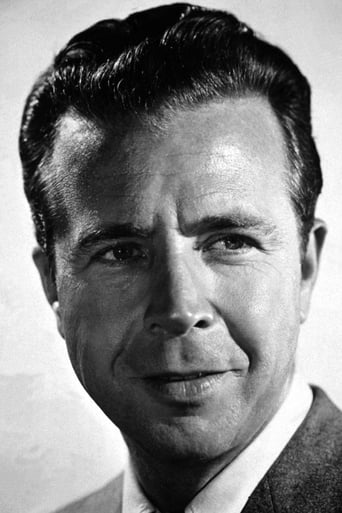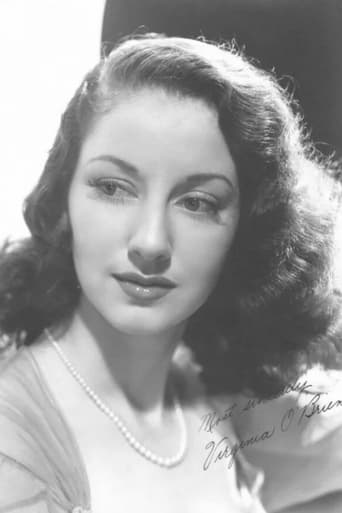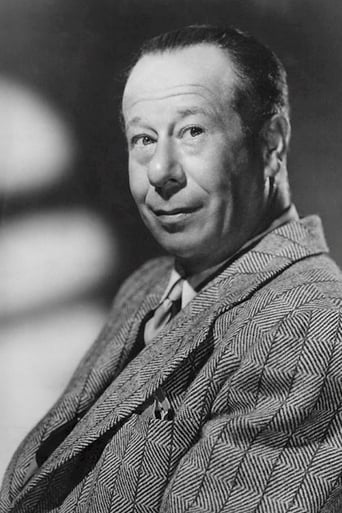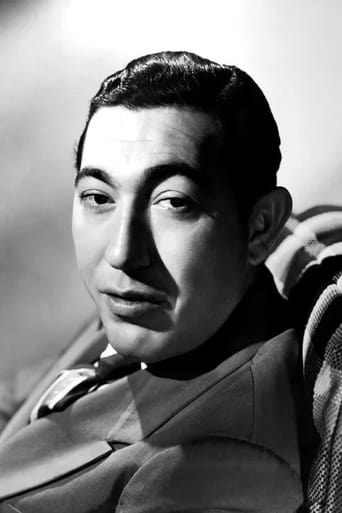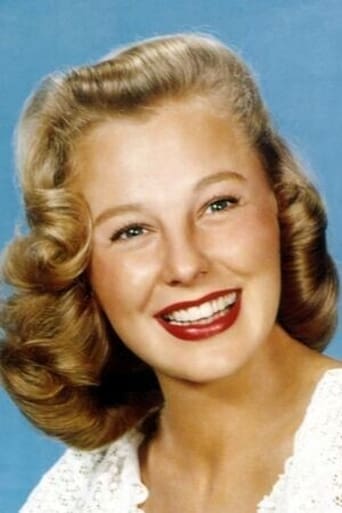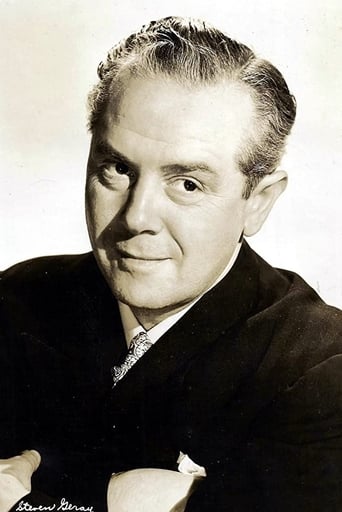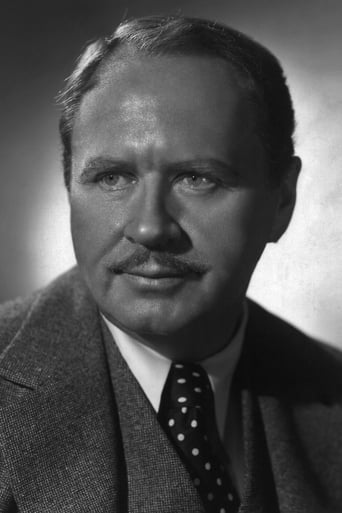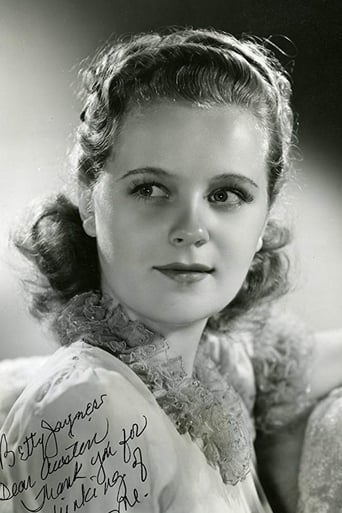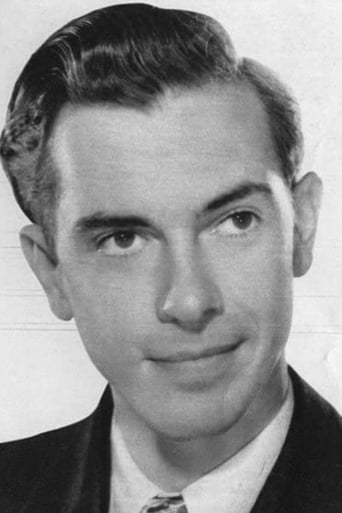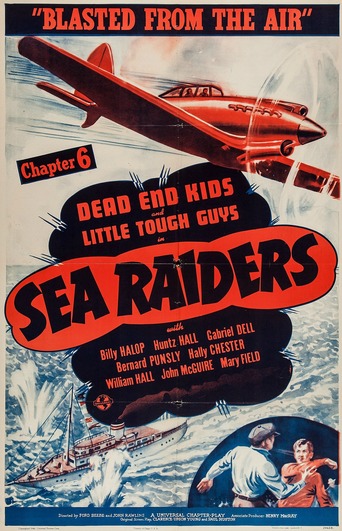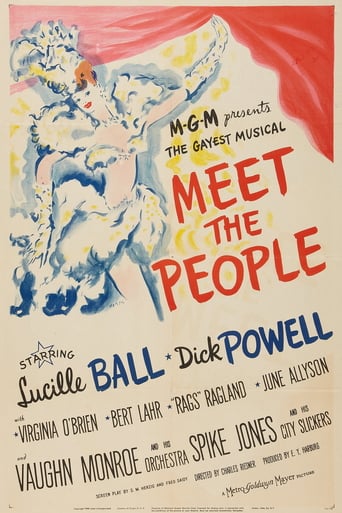
A idealistic shipyard worker interests a beautiful Hollywood star in staging a musical tribute to the war industry, but they disagree on some important issues.
Similar titles


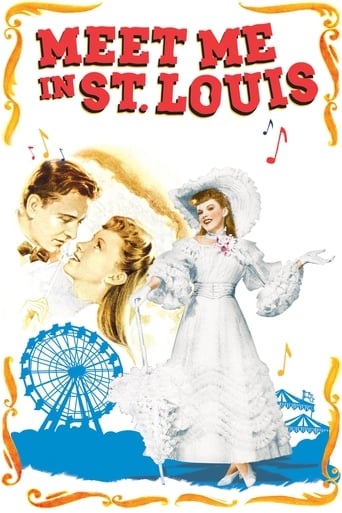

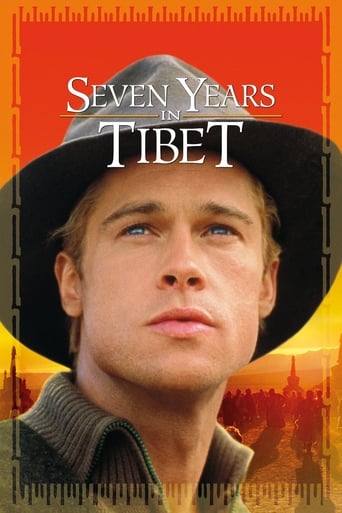
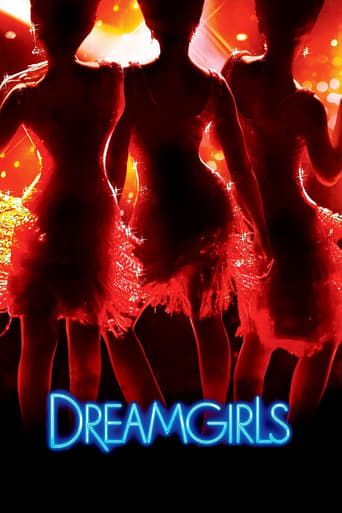
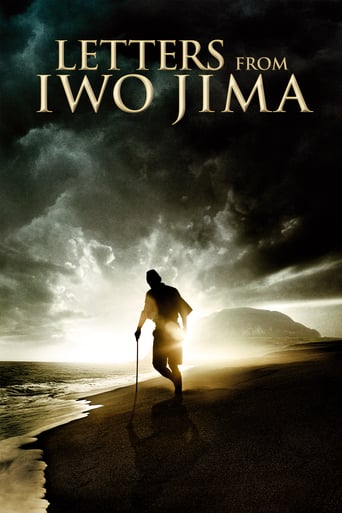
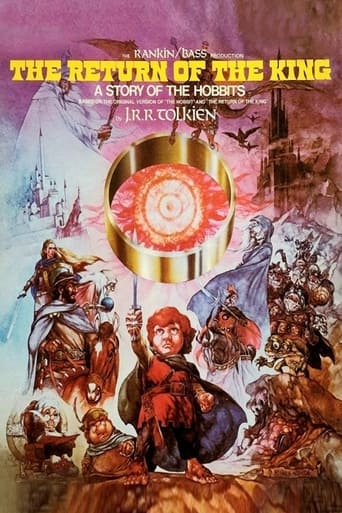
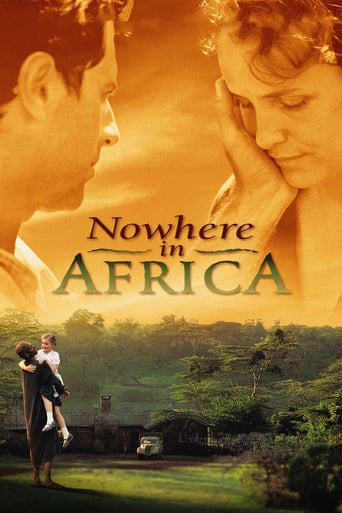
Reviews
Fresh and Exciting
Awesome Movie
Blistering performances.
It is an exhilarating, distressing, funny and profound film, with one of the more memorable film scores in years,
Keeping the movie star image going after "Best Foot Forward", Lucille Ball plays a stage star doing her part for the war effort by agreeing to star in a musical revue commenting on the conditions of the factory worker. Unfortunately, author Dick Powell has a one sighted view of what wartime entertainment should be. Hoping to get him to change his mind about how the show should be done, Lucy goes to work in the same factory he works in, one ironically that puts on shows the way she believes that his show should be like. Of course, she falls for him, and hopes that his feelings for her will also open his eyes about the type of entertainment that will keep the audiences uplifted in addition to being enlightened. I find that unless you are familiar with the styles of entertainment done during this era, you might be aggravated, bored or even angry of what was considered funny in the 1940's. Even I, having studied the war years through movies, theater and music, can be annoyed by some styles of comedy. Bert Lahr, beloved for "The Wizard of Oz", is definitely a comic of his time, and his styles are best in small doses. I cringe at parts of "King of the Forest" and here, he gets only a few moderately guffaws from me. Virginia O'Brien comes off a lot better, but her comic solo about being a physical abuse victim may not be amusing to some. I admit that I found it hysterical the first time I heard her sing it 20 years ago, but perhaps it's her deadpan style that is funny.Specialties by Spike Jones and Vaughan Monroe's orchestras and a bit of rising star June Allyson offer some swinging moments, featuring a chimpanzee as Hitler and a bumbling actor as Mussolini. Lucy, of course, is glamorous, but the lack of color (which was used to great advantage in four big MGM musicals) is a missed opportunity. Powell, desperately trying to get away from musicals, only briefly sings. This is the type of film that represents an era, more MGM's viewpoint than the real worlds, and not at the top of the line for MGM musicals or the many Hollywood musicals that were rushed into release to keep the public uplifted. It has curiosity value, though, and a few moments shine while others dim the lights of what they had intended on producing.
The songs are ridiculous. What Hitler is portrayed by a monkey, which is appropriate, the words were inane, especially when they kept saying his real last name- Shikelgruber.At his first song, Vaughan Monroe sounded as though he had his jaw wired. June Allyson belting out I Don't Recognize This Song was also inane, as the words were silly.As shown in your page, Lucy as Julie Hampton, was a Broadway star and not a Hollywood luminary. She is caught up with Dick Powell, a shipbuilder, who has written a play Meet the People. The two, of course, fall in love, but tangle over what kind of version his play should take, he wants it centered around the ship-builders and the people of war-time and she prefers a more glamorous rendition. He later accuses her of using the play for publicity. What was the headline about jobs being frozen causing the Ball character to remain among the ship-folk?Bert Lahr also appears, but his funniest scene is where a tuba practically goes on top of his nose.Silly fanfare with the predictable ending.
The movies I choose to watch are sometimes suggested by events. Recently. I encountered yet another incomprehensible act by the American War Department and took refuge in this.It is from an era of justified involvement in a war. Death camps, master race.It is rank propaganda, subsidized by political leaders. It has other offenses. Blacks are shown twice: a man as a yassa porter and women happily picking cotton.And yet its charm is in the thing it celebrates. You likely will never see this. It is dated and not very good as a film. The strings it pulls... well, they're broken. So let me describe it.It features Lucille Ball before she made herself a joke. In this era, she was a desirable pinup, even at 33. She parades her legs and glamor as a famous stage actress. She meets and falls in love with a wartime shipworker who aspires to be a playwright. He, it turns out, has written a play featuring the good souls of the shipyard representing all the "ordinary people" of America who labored for the war effort, which at root was a competition of manufacturing infrastructures.That play is the device around which all sorts of narrative effects are folded. There's the bit which forms the plot: she likes the play and attempts to put it on. But it gets too glamorized for the author. It isn't "real" enough and rather than demean the subject, he forgoes wealth and fame and closes it down. She follows him back to work in the shipyard to charm him into letting the show go on. As scripted, she discovers and comes to appreciate the goodness of the honestly laboring people.At the end, she puts on the play as he intended it to be, at the shipyard. Inside the play's performance, he literally enters the play and reconciles with our girl. End of story.Along the way, there are an amazing number of other excuses pulled to have song and dance numbers. Its purpose, after all was to mix entertainment and "the message."So you have:lunchtime shows at the shipyard (with Spike Jones and Hitler played by a chimp). Also, an evening show with several elaborate numbers.a love song when the two go on their first date, the song half him demonstrating the song to her and half wooing her in the story by song.a bit as if the movie were a musical comedy. In this case, the story itself bends into comic song as Burt Lahr's character christens his boat.imitations of famous war leaders, performed randomly whenever a certain character appears. Some of these are unrecognizable today.And that's in addition to seeing bits of the title show in New York and the shipyard.A lot of entertainment. All the shows, every one, are miniature versions of the larger movie: celebrations of ordinary folk and then American values.Ted's Evaluation -- 2 of 3: Has some interesting elements.
This is typical wartime let's-pull-together propaganda, and it's very entertaining. A tour-de-force with a great cast, leading to a riotous "Heil, Schicklgruber!" sequence with the fabulous Spike Jones entourage, and a sieg-heiling chimpanzee as Adolf Hitler! It holds up well today as both great entertainment and as a glimpse into the national mood of the time. Highly recommended to all!
Top Streaming Movies











